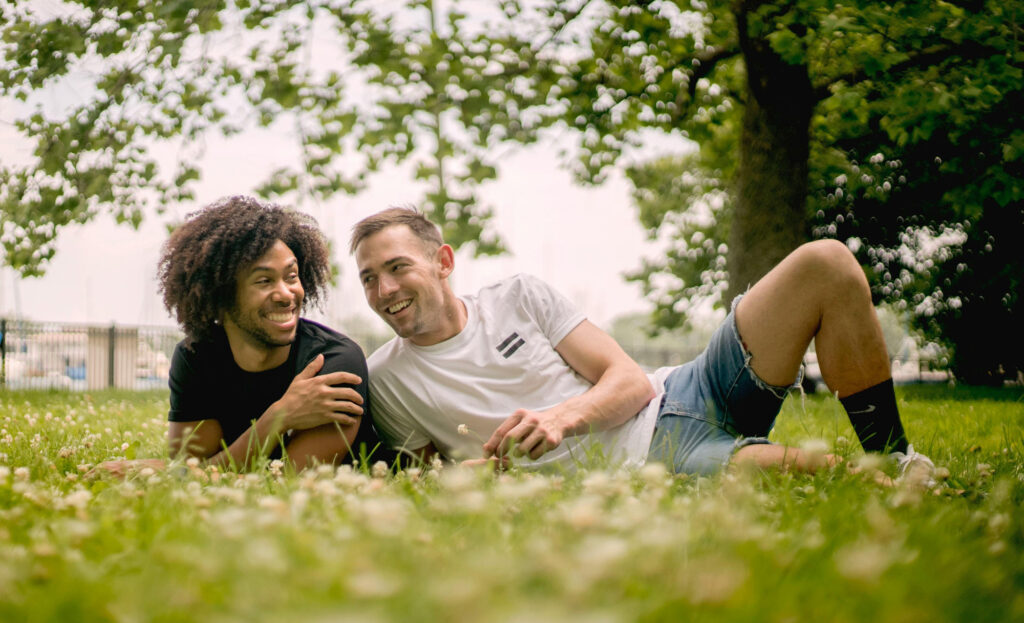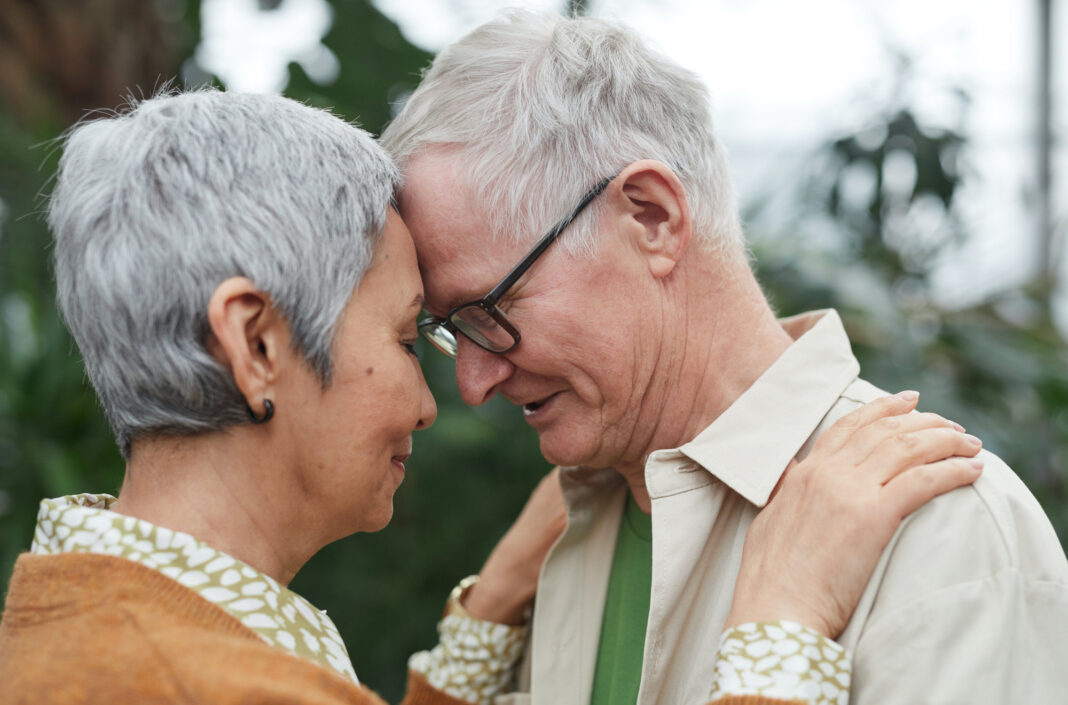Societal messaging tells us that lasting relationships require compromise. But is that really true? Is acceptance really the key to a successful partnership?
Or is there a way to retain your true self while also reveling in the deep love and intimacy of a committed connection?
What is Acceptance in a Relationship?
Acceptance is building relationships that celebrate the qualities you admire and cherish in a person. It also means understanding that you cannot change the aspects in their nature that cause you discomfort or frustration.
True acceptance in relationships encourages open communication, where both partners feel safe to express their true selves without fear of judgment. It creates a foundation of trust, allowing each person to grow and evolve while feeling supported.
Additionally, acceptance helps to minimize conflicts and misunderstandings, as it promotes a deeper understanding of each other’s perspectives and experiences. Embracing acceptance in a relationship leads to a stronger, more resilient bond where both partners feel valued and loved for who they truly are.
But it’s also important to understand that acceptance is not the same as settling. To accept your partner exactly as they are doesn’t mean going along with things that don’t work for you.

Tolerance vs Acceptance
Most of the compromises and tolerances people make in relationship tend to be a slippery slope. They can start with small allowances and build up to a sense of losing who they truly are. Often, these compromises are far more drastic than just necessary steps to create a lasting relationship.
It’s one thing to learn to put the toilet seat down because it bothers your partner. Or to wash all the dishes – and not leave the last two – so you don’t drive your partner bonkers.
But it’s an entirely different thing to decide that you or your partner must put an essential part of yourselves away in order to maintain the relationship. People often make these decisions based on assumptions about their partner – without ever verifying their accuracy. The surprising part is that these beliefs are rarely questioned or confirmed.
The solution is not to change yourself or to try and change them – but to express your needs and boundaries. When you can do that with love and kindness, you give them the safety of discovering themselves and what they are capable of. With clear requests and non-defensive boundaries, you can take care of yourself – and open the doors for your partner to do the same.
Acceptance in the Bedroom
This need to accept the status quo happens all the time around sex and intimacy.
For example, you say to yourself, “I’m sure my partner would never want to do [x] sexually. And for me to even bring it up would be so upsetting to them that our relationship probably would not survive it. So I’ll just try to make myself not want that.”
The problem with this when it comes to our deepest desires, it’s impossible to make ourselves not want them. So we begin blaming the other person for keeping us from what we want most. Sometimes people find those things elsewhere secretly – other times they shut down out of resentment, or lose track of their own path.
What does not happen from these kinds of compromises, sexual and otherwise, are happy, connected relationships.
So instead of compromise, you should invite the idea of accepting the multiplicity of desires of yourself AND your partner. To want them to see them happy and fulfilled in their desires is true love. But unlike compromise, acceptance requires honest communication and lots of internal work to process the feelings that come up when your partner wants something that feels threatening or uncomfortable.

How Men Can Embrace Acceptance in Relationships
For people socialized as men it can be particularly challenging to learn acceptance in relationships. Realizing and verbalizing your needs and boundaries requires listening to your emotions – something boys are trained away from early in life.
And yet – research on gender differences in emotional response has shown that men actually have much stronger immediate emotional reactions than women. They also successfully quell their emotions and move into thinking, figuring out, and fixing much more quickly than women.
This lack of freedom around acknowledging their emotions leads men to think they are making rational decisions. Yet they are often unconsciously making emotional decisions, or decisions that discount their emotional needs completely.
So how can you learn and embrace acceptance? Here are a few tools:
- Cultivate Self-Awareness: Start by acknowledging your emotions as they arise. Practice mindfulness or journaling to become more aware of your emotional responses. This helps you to recognize patterns and triggers in your reactions.
- Communicate Openly: Share your feelings and thoughts with your partner without fear of judgment. Honest communication builds trust and understanding, allowing both partners to feel seen and heard.
- Practice Active Listening: Pay close attention to your partner’s emotions and needs without immediately trying to fix the situation. Sometimes, simply listening and empathizing can be more valuable than offering solutions.
- Set and Respect Boundaries: Understand and communicate your own boundaries while respecting your partner’s boundaries. This mutual respect fosters a sense of security and acceptance in the relationship.
- Embrace Vulnerability: Allow yourself to be vulnerable with your partner. Sharing your fears and insecurities can strengthen your bond and enhance mutual acceptance.

Get Support from a Sex & Relationship Coach
A deep sense of power and freedom can come from true acceptance, because it allows you to know, at the most basic level, that everything is okay. It also means letting go of perfection and finding out what “good enough” means.
To get there though you might need some help. This is where a sex and relationship coach can jump in and provide you and your partner with a tool set to negotiate and balance your individuation and attachments.
The payoff for this communication and work is immense because it can lead to truly, deeply and uncompromisingly, satisfying love.
Find your perfect coach in this directory of certified sex & relationship coaches near you.





























